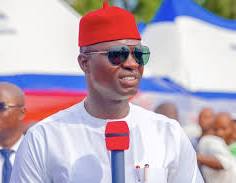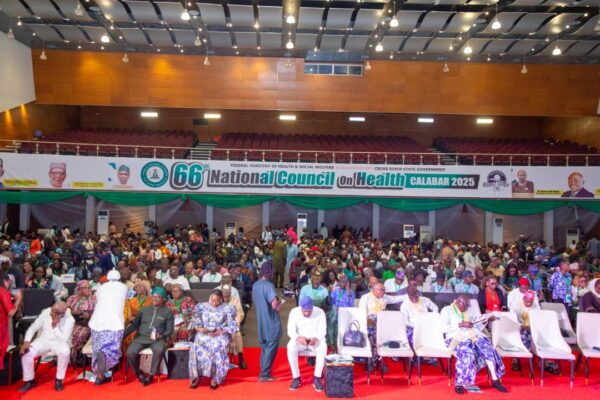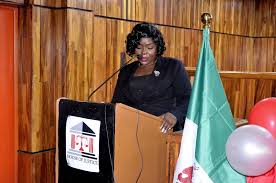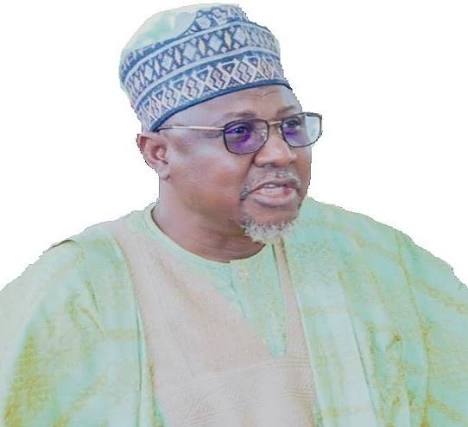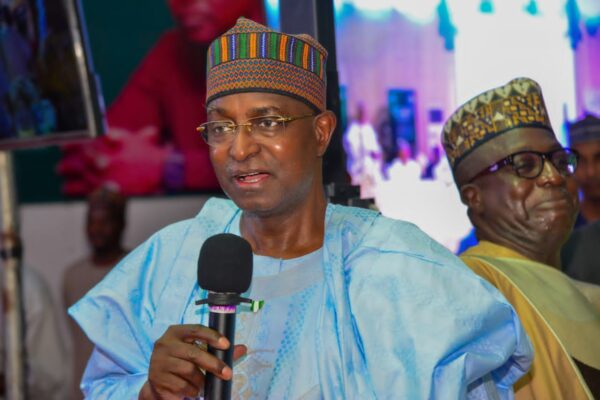

By Onwe Wisdom| Pan Afric Reporters
The 66th Regular Session of the National Council on Health (NCH) has concluded in Calabar with a renewed national commitment to equity, universal health coverage, and the protection of health as a fundamental right for every Nigerian.
The week-long meeting, held from 17th to 21st November 2025 at the Calabar International Convention Centre, brought together 1,243 participants, reaffirming the NCH’s central role as Nigeria’s highest policy-making body on health matters, as established under the National Health Act (2014).
Chairman of the Council and Coordinating Minister of Health and Social Welfare, Prof. Muhammad Ali Pate, CON, presided over the session, which gathered State Commissioners for Health from all 36 states, the Federal Capital Territory’s Human Services and Environment Secretariat, and key stakeholders across the country’s health landscape.
According to the communique, the Council declared that this year’s theme “My Health, My Right: Accelerating Universal Health Coverage through Equity, Resilience, and Innovation” reflects Nigeria’s urgency to strengthen health systems and uphold healthcare as a citizen’s entitlement. “The National Council on Health remains committed to policies that guarantee every Nigerian the right to accessible and quality healthcare,” the communique stated.
The two major sub-themes Sustainable Health Financing and Domestic Resource Mobilization, and Health Workforce Development and Retention Strategies dominated discussions, signalling national priorities to sustainably fund healthcare and prevent the persistent loss of skilled professionals.
The communique highlighted the scale and diversity of participation, noting the presence of representatives from federal and state Ministries, Departments and Agencies; State Houses of Assembly; and major development partners including the World Health Organization (WHO), United Nations Children’s Fund (UNICEF), United Nations Population Fund (UNFPA), the United States Agency for International Development (USAID), and the World Bank.
Professional associations, civil society organisations, regulatory bodies and medical services from the Nigerian Military, the Nigeria Police Force, the Department of State Services, and the Federal Road Safety Corps were also in attendance. The Council emphasized that such broad participation demonstrates national solidarity for health sector transformation. “The collective presence of stakeholders across government, partners and security agencies underscores the shared responsibility for Nigeria’s health outcomes,” the communique noted.
As the Council wrapped up, delegates reaffirmed their commitment to policies that drive innovation, strengthen resilience, and prioritize equity in health service delivery. The resolutions adopted at the 66th NCH are expected to guide Nigeria’s health sector reforms over the coming year.
The full communique, spanning six pages, outlines decisions and recommendations to be implemented at federal and state levels, signaling a more coordinated national approach to achieving universal health coverage.


